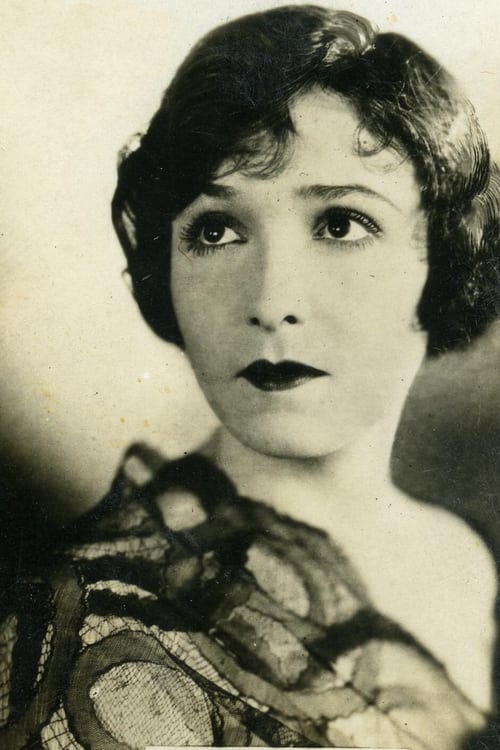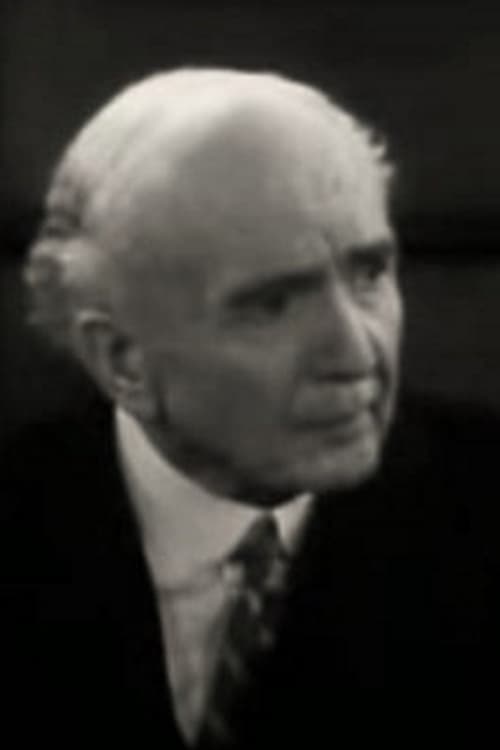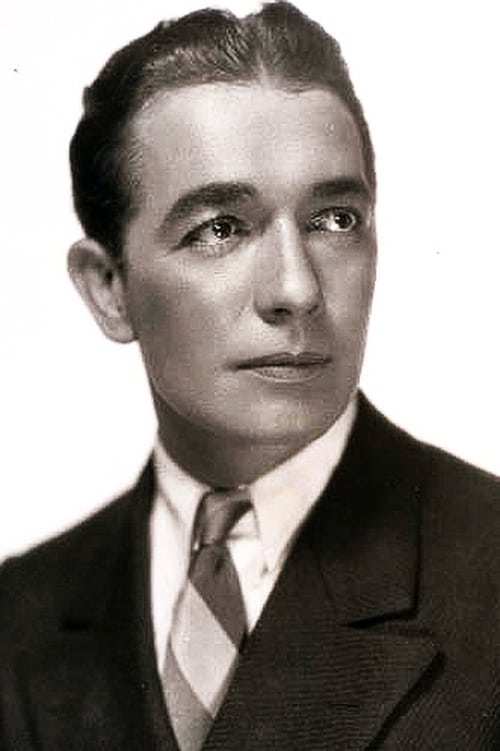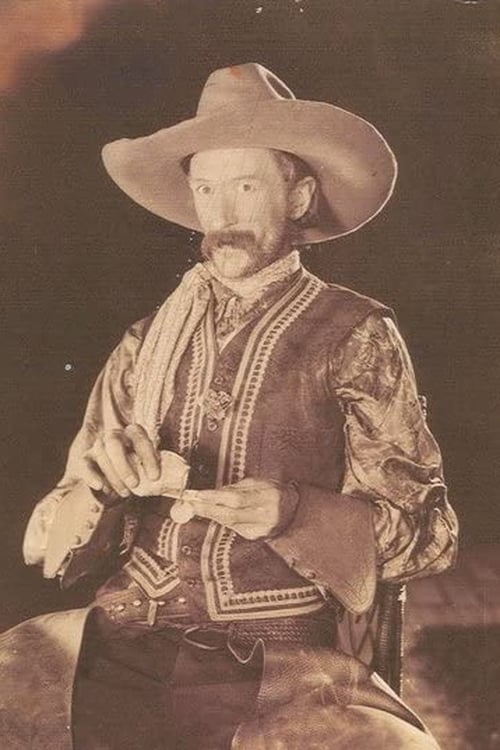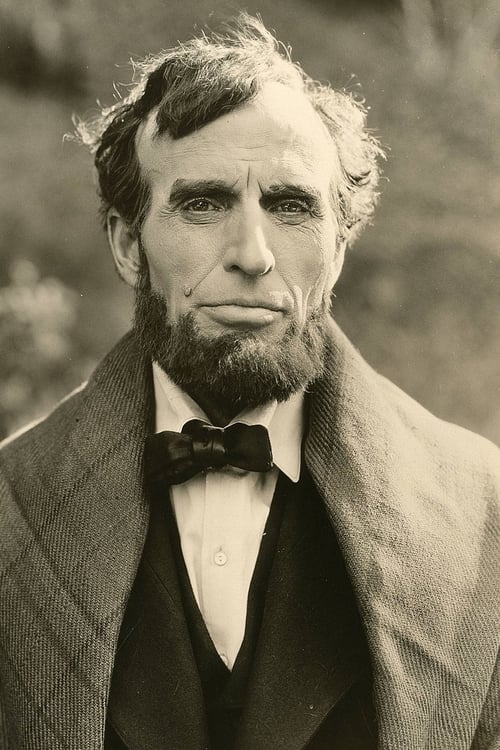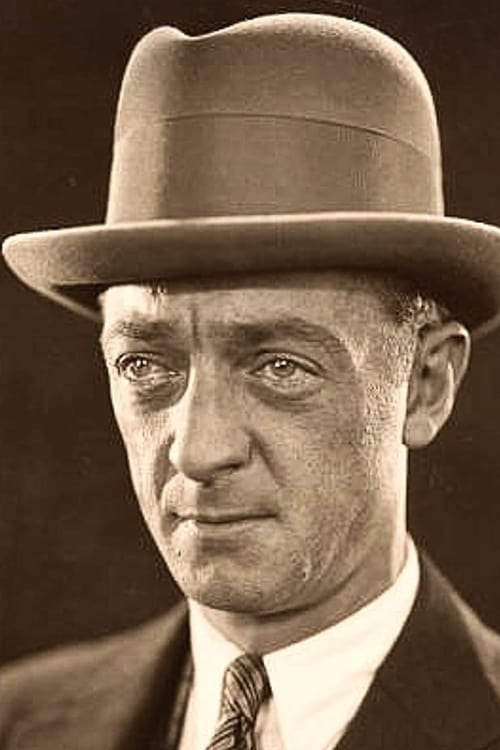Barbara Frietchie (1924)
Género : Drama, Bélica, Romance, Historia
Tiempo de ejecución : 1H 25M
Director : Lambert Hillyer
Sinopsis
Two lovers in a small town in Maryland are torn apart by the Civil War--she is loyal to the south while he heads north to join the federal army, determined to protect the Union. Eventually his unit arrives in his hometown and he is reunited with his lover, but things aren't the way they used to be.

Documental sobre la actividad de la columna Aguiluchos de la FAI (Durruti) en el Frente de Aragón durante los meses de julio y agosto de 1936

Documental sobre la actividad de la columna Aguiluchos de la FAI en el frente de Aragón en agosto de 1936. Se centra en la conquista del pueblo de Siétamo.

Juana, Mar, and Eduardo tell their stories of abuse.
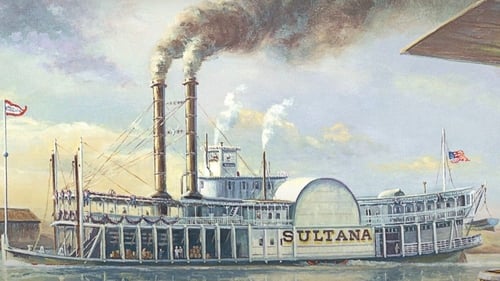
Over 2000 Union soldiers, passengers and crew were crammed aboard the steamboat Sultana, licensed to carry 376. Graft, greed, overcrowding, a poorly maintained boat, and the Mississippi River was swollen with spring snowmelt conspired together to create a disaster. On April 27, 1865, the boat’s boilers exploded, causing the worst maritime disaster in US history.

A small Algerian town, off the beaten track of the war that is tearing the country apart. At the heart of the crisis that is destroying it, two young men, without work, without leisure activities, without hope, without anything... The film follows them in their daily wanderings between endless boredom and the expectation of the improbable. And shows their humour, their friendship, their will to live regardless.

In 1956, BLOOMER GIRL was presented in a live television production starring the magnificent Barbara Cook, whose star was then on the rise, with leading roles in CANDIDE and THE MUSIC MAN still in her future. A solid success when it opened on Broadway in 1944, BLOOMER GIRL boasts a glorious score by the legendary team of Harold Arlen and E.Y. Harburg (THE WIZARD OF OZ). The book by Fred Saidy is set at the brink of the Civil War and addresses issues of women's equality (priorities were the right to vote and to wear bloomers, a liberating alternative to hoop skirts) and racial equality.

"River of Hope" tells the story of how a former slave Mary Barnes Cabell and her children helped found the first college for African Americans in West Virginia. Based on true events.
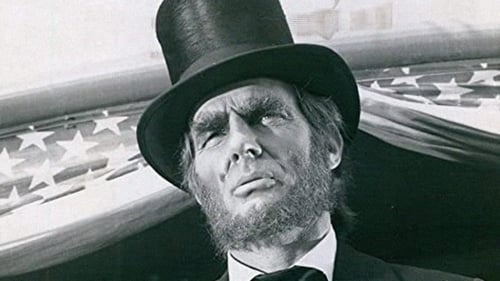
A young girl writes to President Abraham Lincoln to advise him to grow a beard.

Following a brutal civil war, an interrogation of a possible war criminal has a much deeper meaning buried in lies.

Lebanon today. The traces of the civil war are all too tangible as government corruption becomes unbearable. In a country where conflict and peace are caught in an endless cycle, musicians from different backgrounds pool their talents to create an underground music scene. Each evokes his or her representation of Lebanon: its shifting geographical, political, historical and social borders, its painful passage through conflict and instability. A touching portrait of a young generation trying to build an oasis in a hostile environment where the forces of destruction continue to wreak havoc.

1944. Three wounded officers from both sides of political conflict meet in the hospital where the staff is politically divided too.

A dramatization of raid to capture a suspected militant by the Israeli Defense Forces during the Second Intifada into the sprawling maze of the Balata Refugee Camp in Palestine.

En los Estados Unidos posteriores a la guerra civil, cuando se presume que un soldado de la Unión está muerto, sus hijos son enviados por error en el tren de los huérfanos.
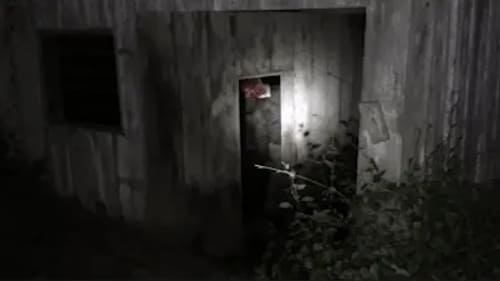
Dennis Rosen desapareció el 19 de septiembre de 2020 mientras filmaba un episodio para su canal de exploración urbana 'Dennis the explorer'. Estaba explorando Darkbluff, Maryland, una ciudad que las autoridades descubrieron abandonada durante la búsqueda de Dennis. También descubrieron una cámara. Este metraje estaba en esa cámara.
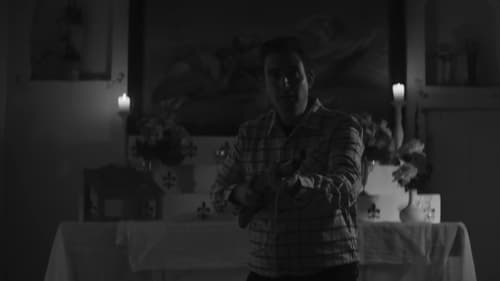
Durante la Nochebuena de 1937, dos jóvenes, aparentemente perdidos en la oscuridad de la montaña, llaman a la puerta de la casa de campo, donde viven un abuelo y su nieta. Desde ese momento la situación se torcerá, y un sentimiento de venganza florecerá tan fuerte como la misma necesidad de vivir. Cortometraje realizado por 5 adolescentes, todos ellos de menos de 17 años.
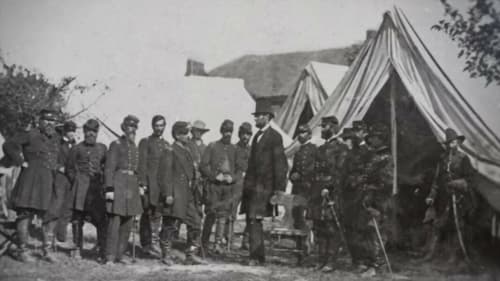
La guerra de Secesión estadounidense es uno de los acontecimientos más estudiados y analizados de la Historia, pero lo que aún no sabes puede sorprenderte.

How the Monuments Came Down is a timely and searing look at the history of white supremacy and Black resistance in Richmond. The feature-length film-brought to life by history-makers, descendants, scholars, and activists-reveals how monuments to Confederate leaders stood for more than a century, and why they fell.

This is the sole surviving motion picture of Unique Film (Shanghai), one of China's three major film companies in the 1930s. The young lovers in rural China are framed by their evil landlord. The man is sent to prison; the woman is forced to get married. She tries to seek revenge but is killed. When the man is released from prison, he joins the People's Volunteer Army but is killed in battle. The film was significant in its time. Runje Shaw had imported advanced American audio film equipment and technology in 1931, making this one of the first sound films in China. As one of Unique's few ‘progress' films, it also reflects that this ‘entertainment-only', apolitical film company, under the left-wing influences in society, also needed to make films with topics such as the war effort and that criticise the bourgeoisie. Struggle is a joint effort among the best of talents in front of and behind the camera, and is also the only surviving work of director Qiu Qixiang.

